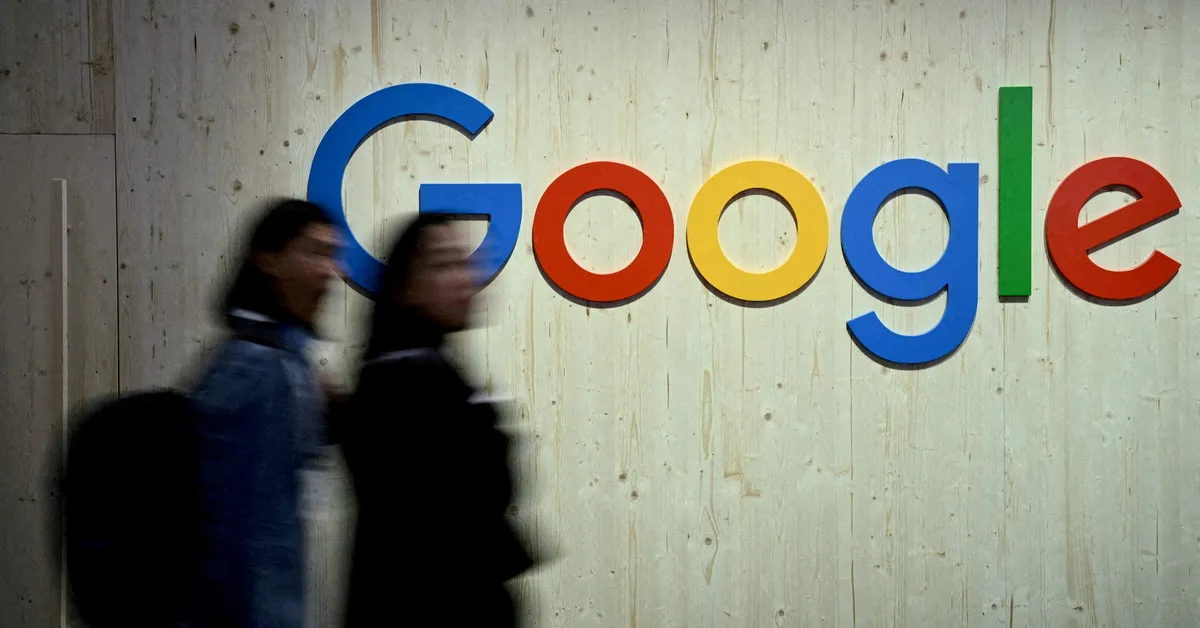
On May 31, Alphabet's Google (GOOGL.O) announced its intention to appeal a recent antitrust ruling that could significantly impact its operations. The decision by a federal judge proposed less stringent measures to promote competition in the online search market than the extensive 10-year plan suggested by antitrust enforcers. In a statement posted on X, Google expressed its belief that the court's original decision was flawed and eagerly anticipates the opportunity to challenge it.
The appeal comes after U.S. District Judge Amit Mehta in Washington heard closing arguments in a trial concerning Google's alleged illegal monopoly in online search and associated advertising services. In April, Judge Mehta ruled that Google unlawfully dominated two significant markets related to online advertising technology. As a result, the U.S. Department of Justice (DOJ) recommended that Google divest its Google Ad Manager, which encompasses both the company's publisher ad server and ad exchange.
The DOJ, along with a coalition of states, has called for Google to share its search data and discontinue the multibillion-dollar agreements it has with companies like Apple (AAPL.O) and other smartphone manufacturers to maintain its status as the default search engine on new devices. This move is part of broader concerns about how Google's search monopoly not only stifles competition but also provides it with an unfair advantage in developing artificial intelligence (AI) products, such as its latest offering, Gemini.
During the hearing, John Schmidtlein, an attorney representing Google, argued that the rise of generative AI is reshaping search dynamics. He emphasized that Google has taken steps to mitigate competition concerns by refraining from entering into exclusive agreements with wireless carriers and smartphone manufacturers, including Samsung Electronics (005930.KS). This approach allows rival search and AI applications the opportunity to be pre-installed on new devices, fostering a more competitive environment.
As Google prepares to challenge the antitrust ruling, the tech giant remains firm in its stance that the court's original decision was misguided. The outcome of this appeal could have significant ramifications for the future of online search competition, advertising practices, and the development of AI technologies. Stakeholders across the tech industry will undoubtedly be watching closely as this legal battle unfolds.
Reporting by Rishabh Jaiswal in Bengaluru; Editing by Alistair Bell.